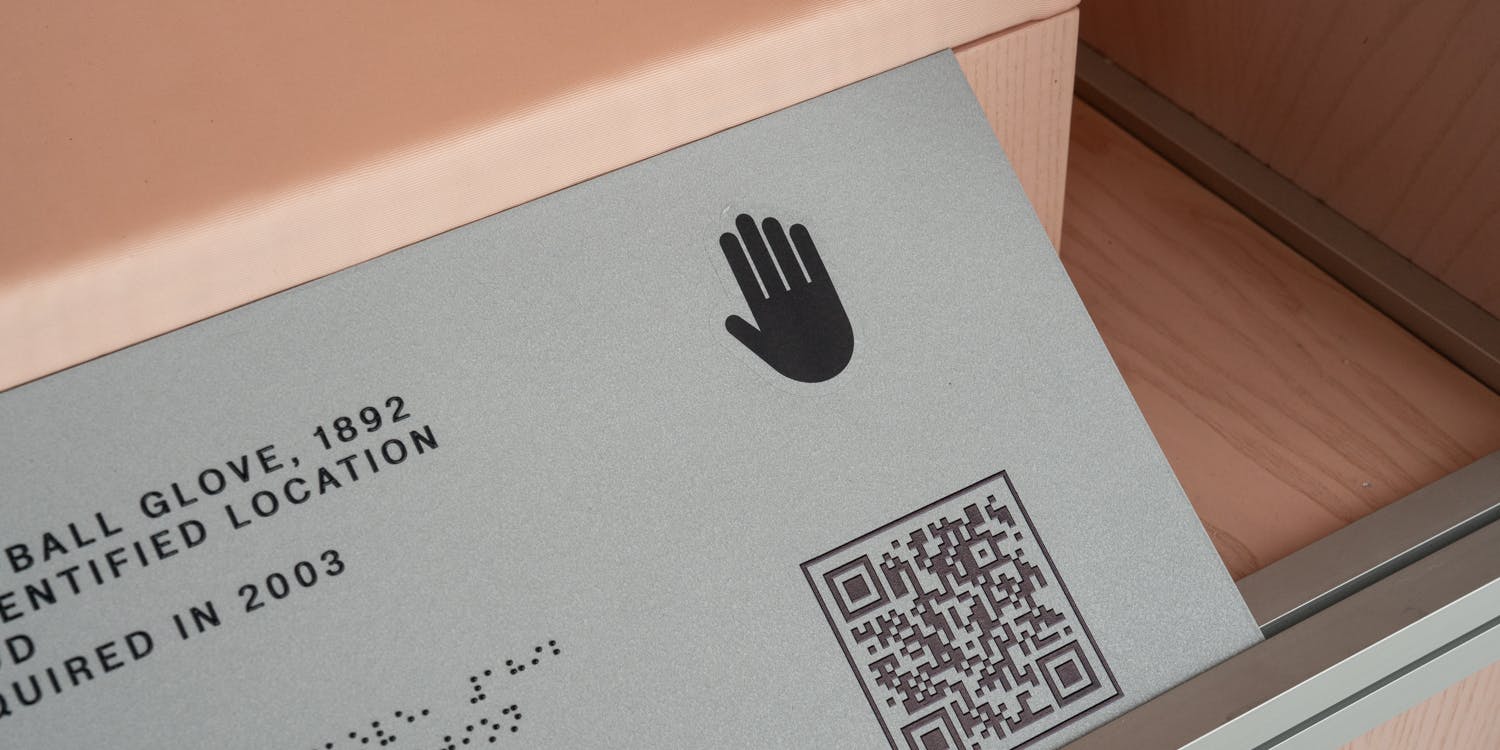
Cultural Accessibility: Principles and Practices
On-demand course • an initiative of Personeper
Available on fad.fondazionescuolapatrimonio.it the first of the four distance learning courses that make up the training offer of Personeper. Accessibility in cultural venues, a national training plan designed to improve the accessibility of spaces, content, and services in cultural venues.
Cultural accessibility is a characteristic of environments, cultural content, and services that allows all people to enjoy them, regardless of individual characteristics. But accessibility is not given or acquired once and for all; rather, it is the result of a process involving the entire cultural organization in terms of vision, responsibility, and updating.
This is the theoretical premise of the course Cultural Accessibility: Principles and Practices which, through dialogue between experts and case study comparisons, retraces the historical development of accessibility principles and practices in cultural contexts.
It is therefore mainly aimedat all staff of public and private cultural venues and cultural system enterprises (management figures, those responsible for the cared-for cultural heritage, technical and administrative staff, staff in charge of communication and educational services, reception and security personnel). The course analyzes barriers – both visible and invisible – that affect both the operation of cultural institutions and the audience experience, explores cultural, linguistic, and cognitive biases impacting inclusion dynamics, and finally outlines the legal framework of accessibility within the broader concept of the “right to culture.”
Four video lessons and a multimedia course, for a total of five hours, make up the entire training experience, available for on-demand viewing on fad.fondazionescuolapatrimonio.it:
- Designing Accessibility: the Development of the Discipline over Time, curated by Maria Chiara Ciaccheri and Alessandra Gariboldi;
- Bias and Cultural Heritage, curated by Giulia Grechi and Miriam Mandosi;
- The Power of Words, curated by Roberta Caddeo and Eleonora Marocchini;
- Visible and Invisible Barriers: Understanding the Context to Define Solutions, curated by Antonella Agnoli and Francesco Rodighiero;
- The Right to Culture and the Legal Framework of Accessibility, curated by Giuseppe Piperata.
The complete program provides a critical perspective and a broad, integrated understanding of the concept of accessibility in cultural venues, inviting the design process to be interpreted in a systemic and participatory light, leading to a constant new interpretation of cultural heritage itself.
This course is followed, in autumn, byDesigning Accessible, a course specifically aimed at technical figures (architects, engineers, designers),Welcoming, Accompanying, Narrating, expressly designed for reception and security staff,Mediating, Narrating, Communicating, intended for educational service staff, collection or heritage custodians, and communication personnel.
Participation method
The course is availablefrom June 5, 2025, to December 31, 2025 on our e-learning platform fad.fondazionescuolapatrimonio.it.
- Subtitles and translation into Italian Sign Language (LIS) are available.
- Access is free and open upon registration on the platform
- The selection of participants from Ministry of Culture employees is managed directly by the Ministry Administration according to the provisions of a specific Circular from theGeneral Directorate for Education, Research and Cultural Institutions